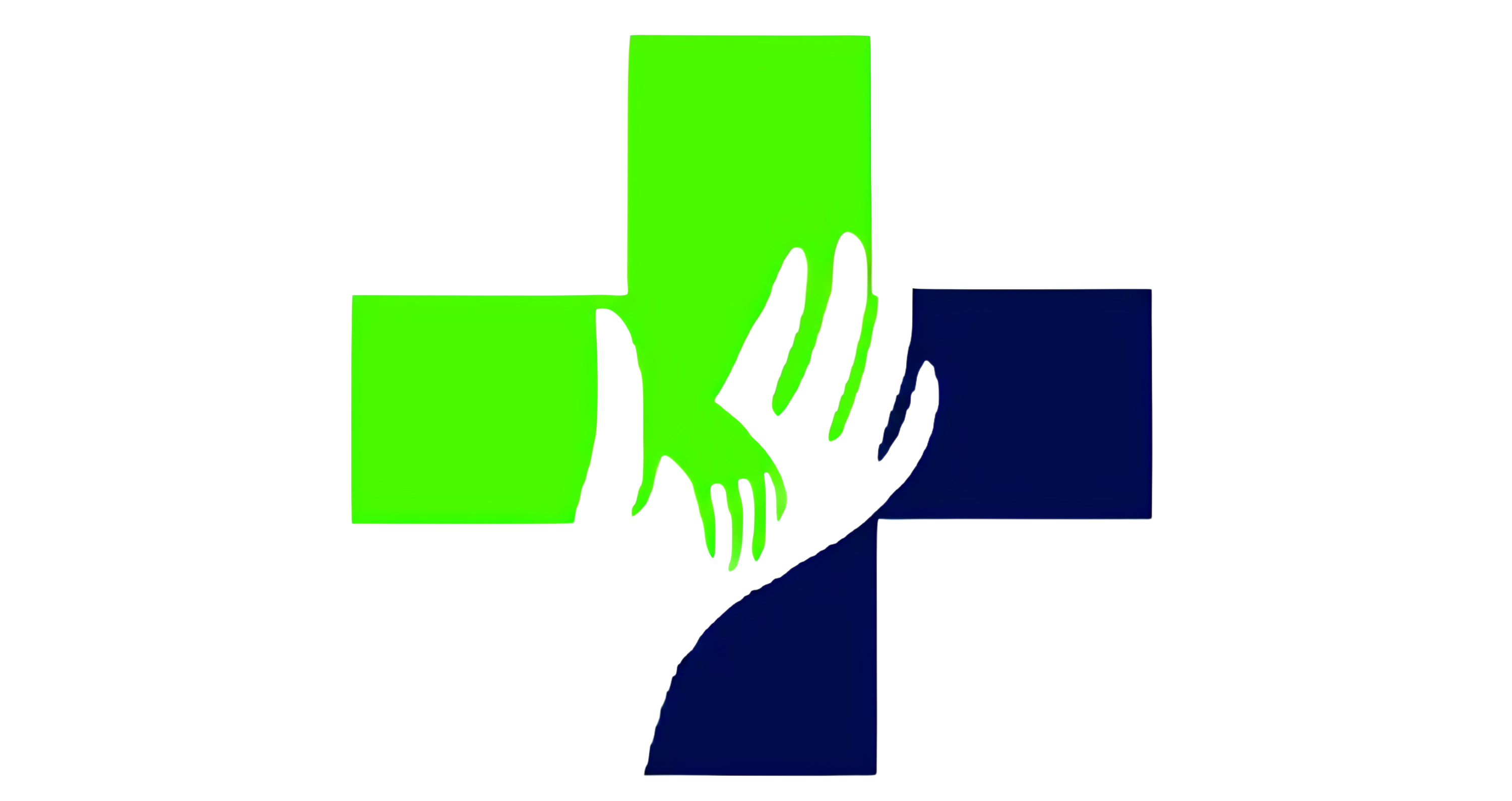wellness initiative
We're on a mission to provide adequate and affordable mental health services to the marginalized majority of the population. We don't just educate community members, we empower them to create the lasting changes they'd like to see in the world.
Pathfyndr is a social enterprise that is actively working to improve the wellbeing of civilians and enhance their satisfaction and overall productivity. Our hypothesis is that if the citizens are mentally healthy, they are in a better position to amend the social and economic disadvantages, low levels of education, unemployment, discrimination, violence and other social issues affecting the country.
Our community counselling services are aimed at minimizing the impact of the personal, emotional, or psychological problems that an individual may experience throughout their life, and maximizing their capacity for personal and professional achievement through counselling and alternative therapies. Generally, the service is highly requested from October until the end of the year. During this time we may place our customers on a waiting list to receive therapy. For those of you with medical aid and/or financial means, might we suggest that you seek therapy from a private practitioner. In addition, you may contact one of our representatives (contact@pathfyndr.co.za) in order to request a referral list.
For appointments with the counselling team, please use the online booking system.
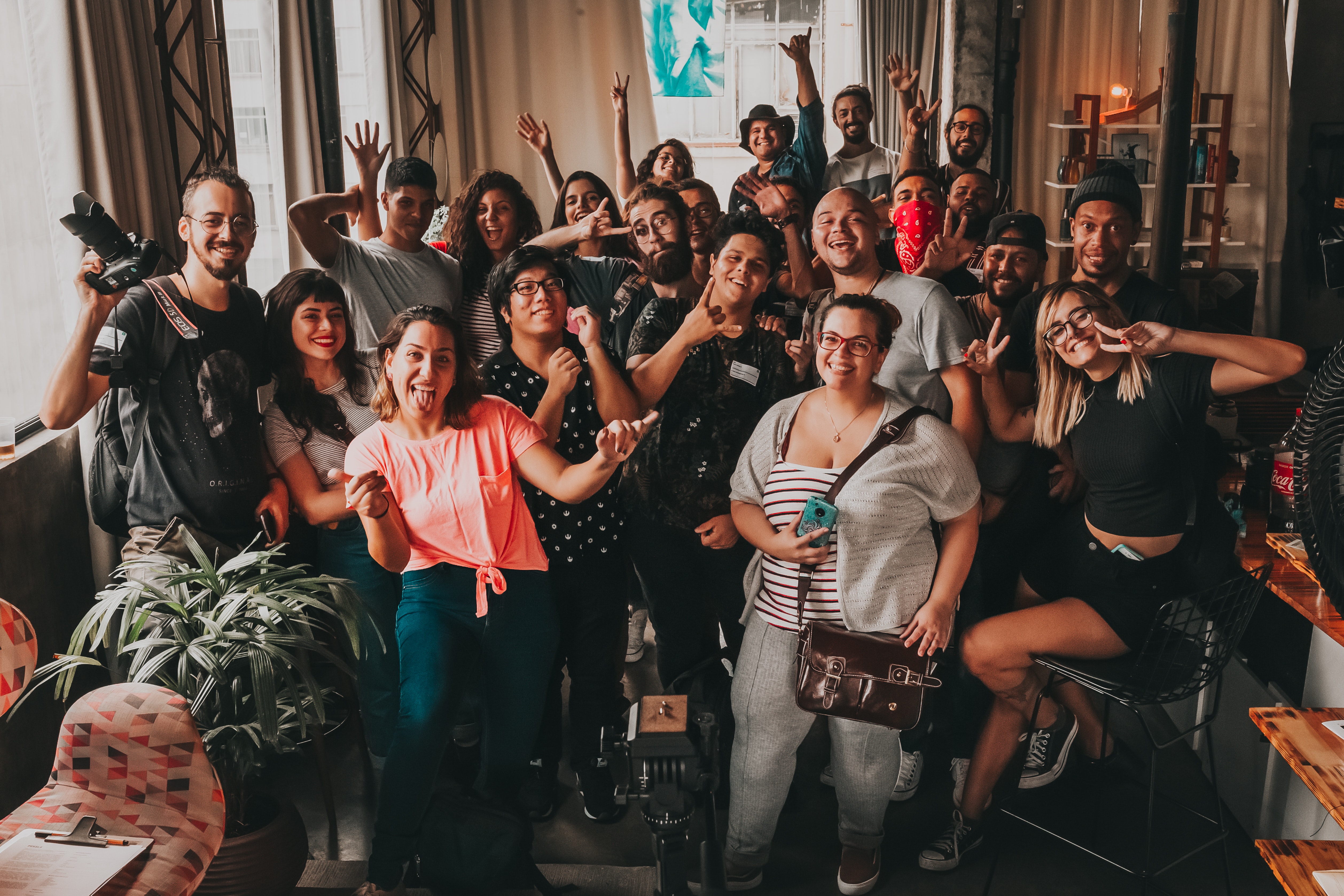
our goals
In order to fulfill our corporate purpose, "Providing affordable and easily accessible mental health services," we pursue ambitious goals throughout our entire value chain. This strategy enables us to be socially responsible while working to achieve profitable growth. This also helps to achieve three of the United Nations’ Sustainable Development Goals (SDGs). We are focusing on issues where we as a company can make a significant contribution, such as good health and well-being, quality education and decent work and economic growth.
Initiatives based in communities can have widespread effects. Not only can they transform the communities in which they are located, but they can act as seedbeds for similar programs elsewhere. We’re hoping that this can turn into a pathway to full-time jobs.
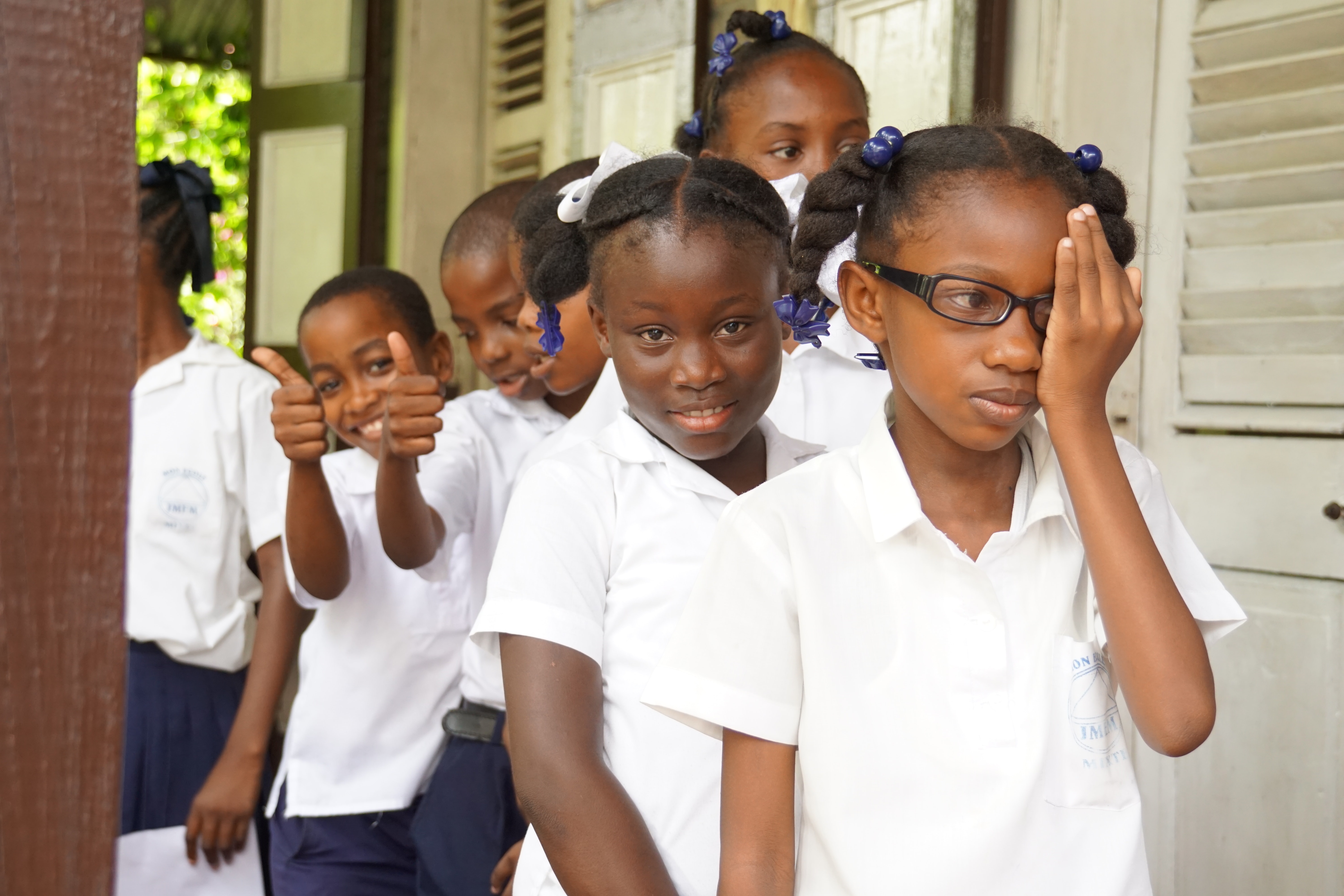
Early intervention programs
Our early intervention services target children, youth, families, women, older persons and communities identified (through a developmental risk assessment) as being vulnerable or at risk and ensure, through strengths-based developmental and therapeutic programmes, that they do not have to experience statutory intervention of any kind. Our programmes for families and children are based on the principle that interventions should concentrate first on prevention, then on protection, and lastly on the provision of statutory services.Research demonstrates that first symptoms of behavioural problems typically precede a mental, emotional or behavioural disorder by two to four years, and that early therapeutic intervention can be highly effective at limiting the severity and/or progression of problems. In our early intervention programmes we provide specialist intervention and support to any person who is experiencing or demonstrating any of the early symptoms of mental illness.
Target : 100,000
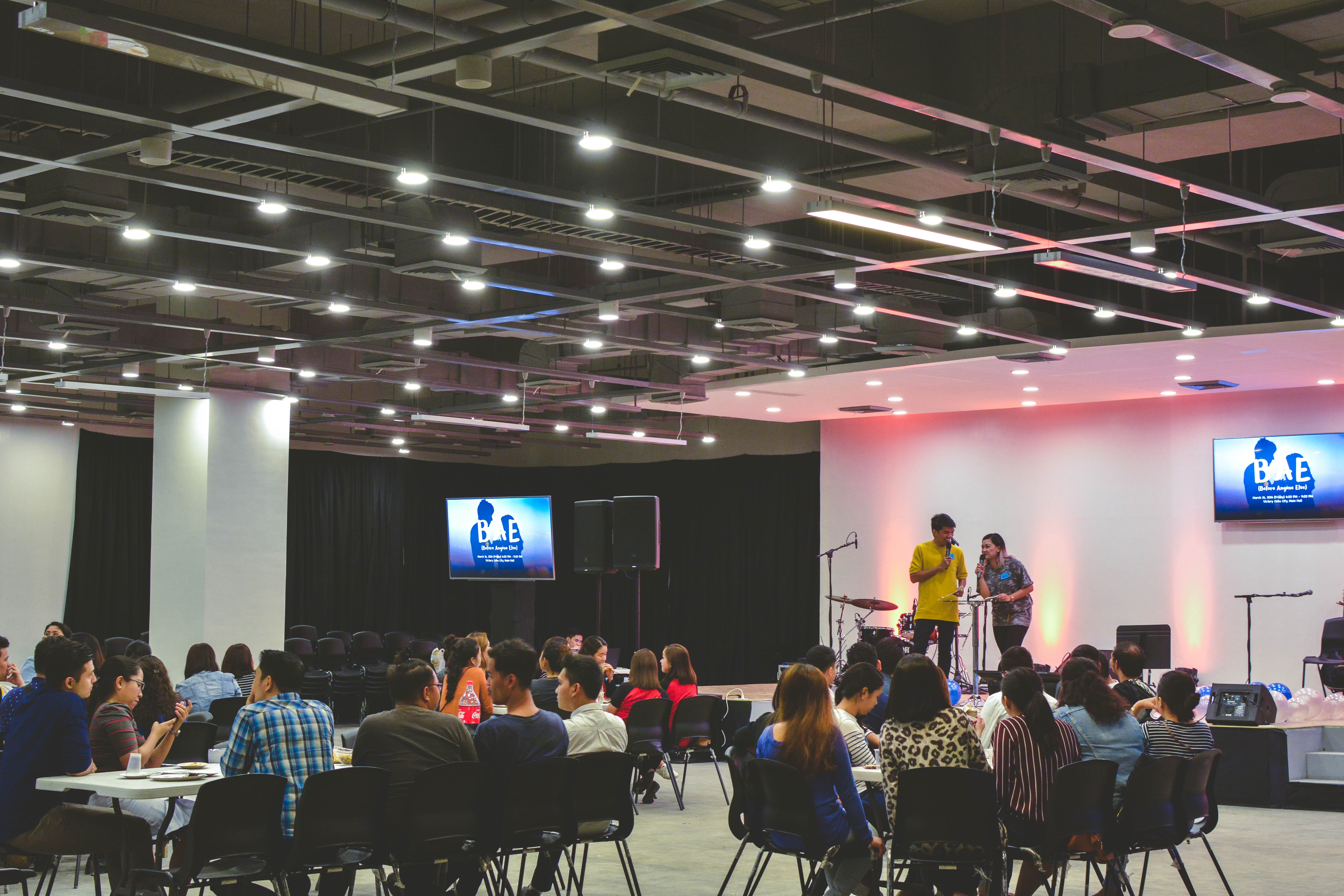
Mental health education and training
There is a shortage of trained mental health workers in spite of the significant contribution of psychiatric disorders to the global disease burden. Community health workers in South Africa provide comprehensive chronic support which includes that for mental illness, but have thus far not received standardized mental health training. We are developing and will soon pilot a mental health training programme for community members, in line with the UNESCO guidelines; the WHO Mental Health Gap Action Programme and South African National frameworks for training.
Target : 50,000
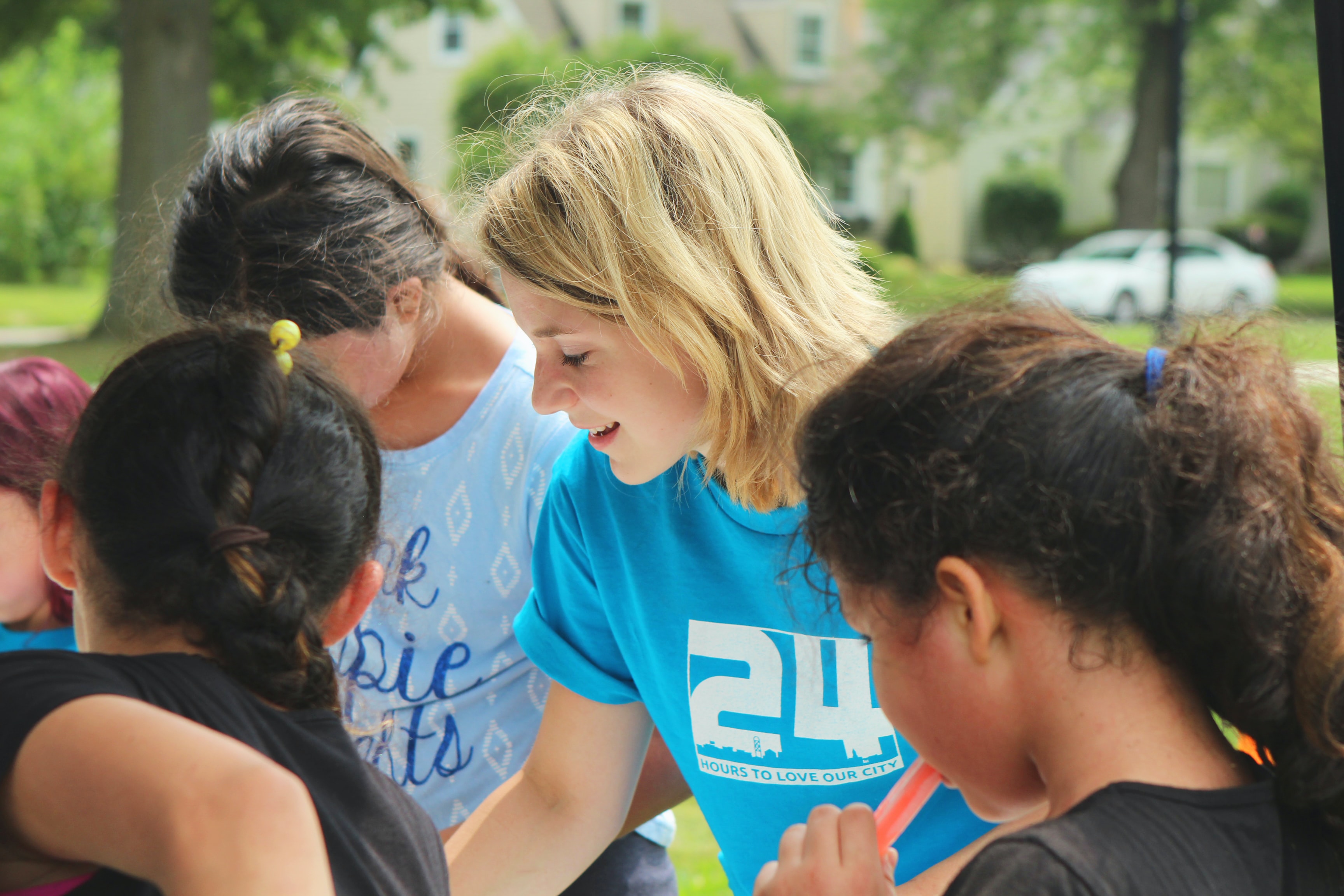
Intensive outpatient care
Intensive outpatient programs (IOPs) are treatment programs used to address addictions, depression, eating disorders, or other dependencies that do not require detoxification or round-the-clock supervision. They enable patients to continue with their normal, day-to-day lives in a way that residential treatment programs do not. Whereas residential treatment requires that clients reside on site, clients in intensive outpatient programs live at home.IOPs are sometimes used in conjunction with inpatient programs as a way ofhelping clients to more smoothly and seamlessly adapt back into their families and communities. They are designed to establish support mechanisms, help with relapse management, and provide coping strategies. These live-in treatment options often provide the highest level of care, separating people with addictions from access to the drugs or alcohol they abuse and from other people who may encourage relapse or actively sabotage recovery efforts; however, they aren’t always feasible. People often have family or work commitments that prevent them from entering fulltime care. They simply can’t leave their lives behind for an extended period of time.For these people, IOPs are often the best choice. They still get intensive treatment but they are able to reside at home.
Target : 30,000
Millions of South African’s lives are impacted daily by mental health conditions. To show our support, we host in several annual mental health awareness events. Participating in a local event is a great way to help increase understanding of the complexity of mental illness. Through these events, we can expel myths, educate the public and show support for the many people affected by mental health conditions.

A counseling group is usually comprised of six to eight members who meet via Zoom with one or two trained group therapists and talk about what most concerns them. Members listen to each other and openly express thoughts and feelings about what other members do or say. These sessions were implemented to promote relationship building, problem assessment, goal setting and early intervention.

We have formed outreach clinics where those in need can get assistance from our team of health workers and work together to provide clinical services. We reach out to townships and rural communities to increase mental health services and provide education and training.
Donations from individuals and companies allow us to raise funds to support our rural outreach programs. We have a goal to make mental health more affordable and accessible and this is your opportunity to help make that a reality for individuals in underprivileged communities.
